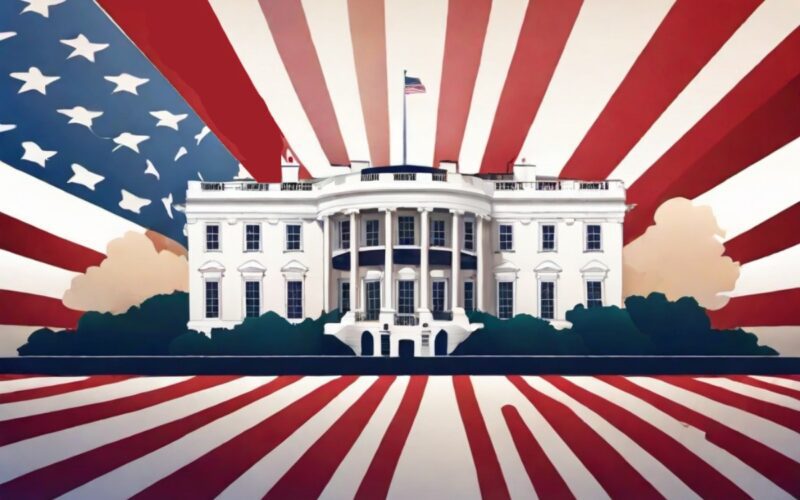The question of whether former United States presidents enjoy presidential immunity from legal proceedings has long been a topic of debate and scrutiny. Unlike sitting presidents, who are shielded from most civil and criminal lawsuits while in office, former presidents do not have the same level of immunity. This distinction raises important questions about the legal status and accountability of former leaders of the nation.
Presidential immunity, a concept rooted in the separation of powers and the unique responsibilities of the executive branch, is not explicitly outlined in the United States Constitution. Instead, it has been established through legal precedent and interpretation over the years. The principle of immunity aims to ensure that the president can effectively carry out the duties of the office without undue distraction from legal actions.
However, this immunity is not absolute, and its scope varies depending on the circumstances. While sitting presidents are typically shielded from civil lawsuits arising from their official duties, they are not immune from impeachment by Congress for high crimes and misdemeanors. Additionally, criminal actions committed by a president while in office can be subject to prosecution once they leave office.
Granting immunity would create a privileged class of individuals who are exempt from legal consequences
One of the primary reasons why former presidents do not enjoy the same level of immunity as sitting presidents is rooted in the fundamental principles of democracy and the rule of law. In a democratic society, no individual, regardless of their past position of power, is above the law. This principle underscores the accountability of public officials and ensures that they can be held responsible for their actions, even after leaving office.
Moreover, extending presidential immunity to former presidents could undermine the principle of equal justice under the law. Granting immunity would create a privileged class of individuals who are exempt from legal consequences for their actions, irrespective of their severity or impact on society. Such a system would erode public trust in the fairness and impartiality of the legal system.
The absence of presidential immunity for former presidents also serves as a deterrent against abuse of power while in office. Knowing that they can be held accountable for their actions after leaving office incentivizes presidents to adhere to the rule of law and uphold the Constitution during their tenure. This accountability reinforces the checks and balances inherent in the US political system and helps preserve the integrity of democratic governance.
Despite the lack of presidential immunity, former presidents still benefit from certain privileges and protections. They retain access to classified information and receive Secret Service protection for the rest of their lives. Additionally, they often engage in philanthropic activities, public speaking engagements, and other endeavors that leverage their experience and status as former leaders of the nation.
The absence of presidential immunity for former US presidents is a deliberate feature of the legal framework that underscores the principles of accountability, equality before the law, and the rule of law. While sitting presidents are afforded certain protections to fulfill their duties, the same level of immunity does not extend to former presidents. This distinction reflects the foundational values upon which the American legal system is built and reinforces the idea that no individual, regardless of their past position, is immune from legal accountability and thus, not above the law.
Image by AWF

